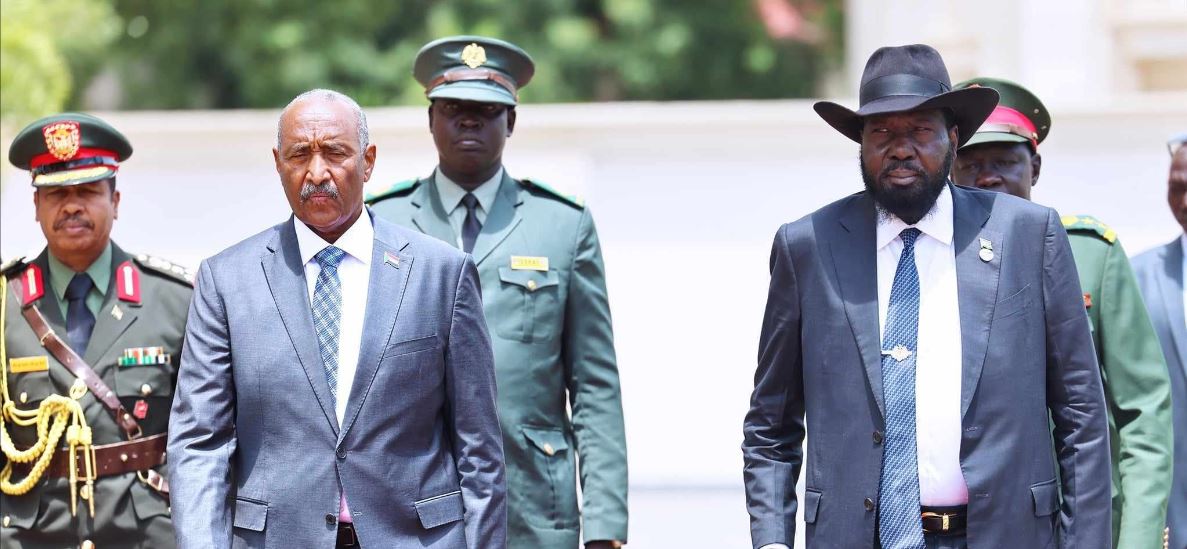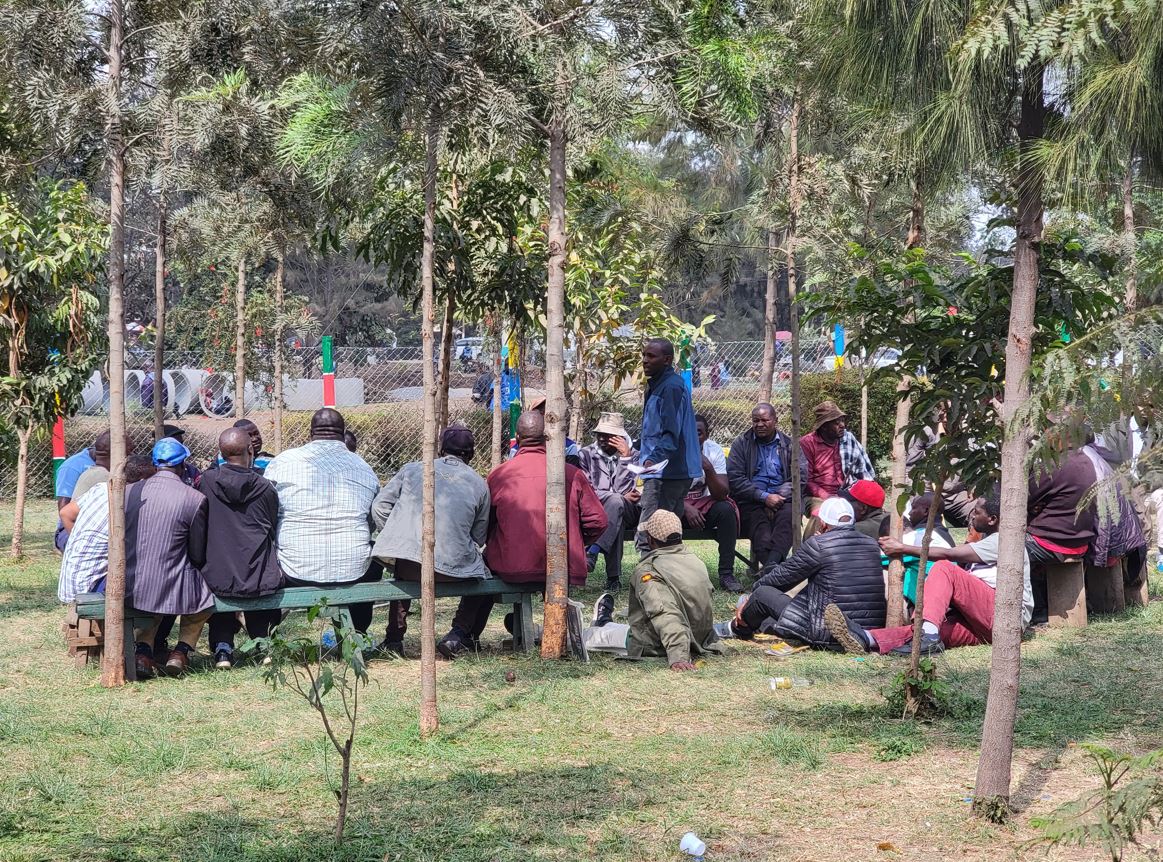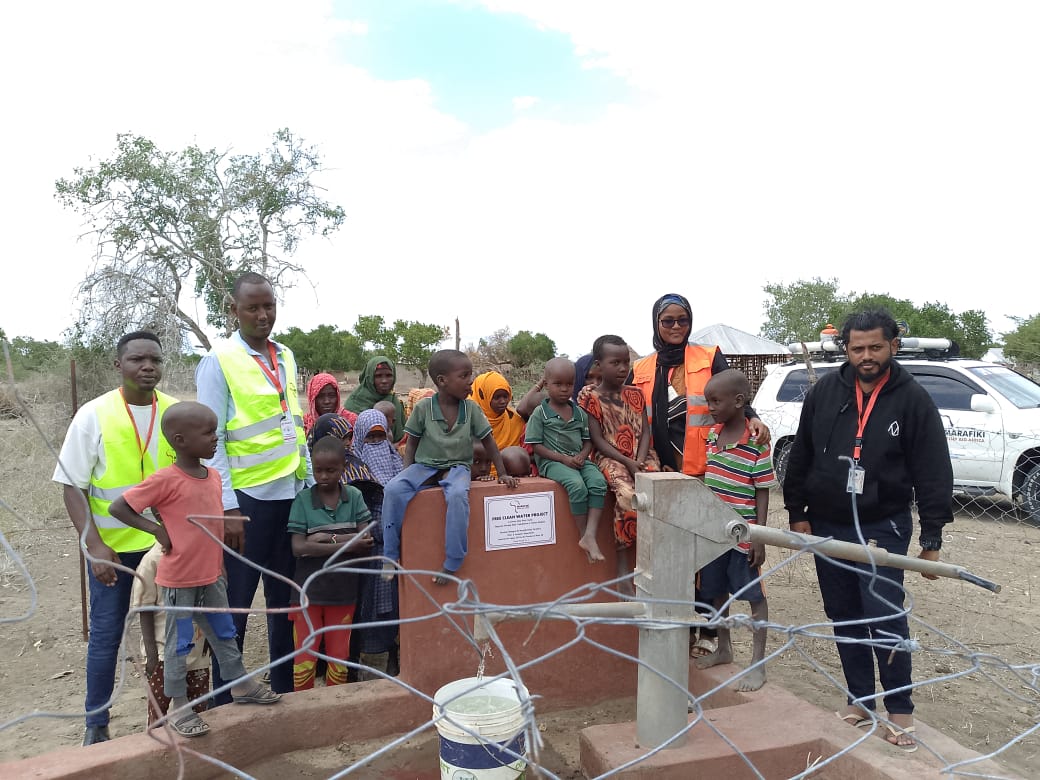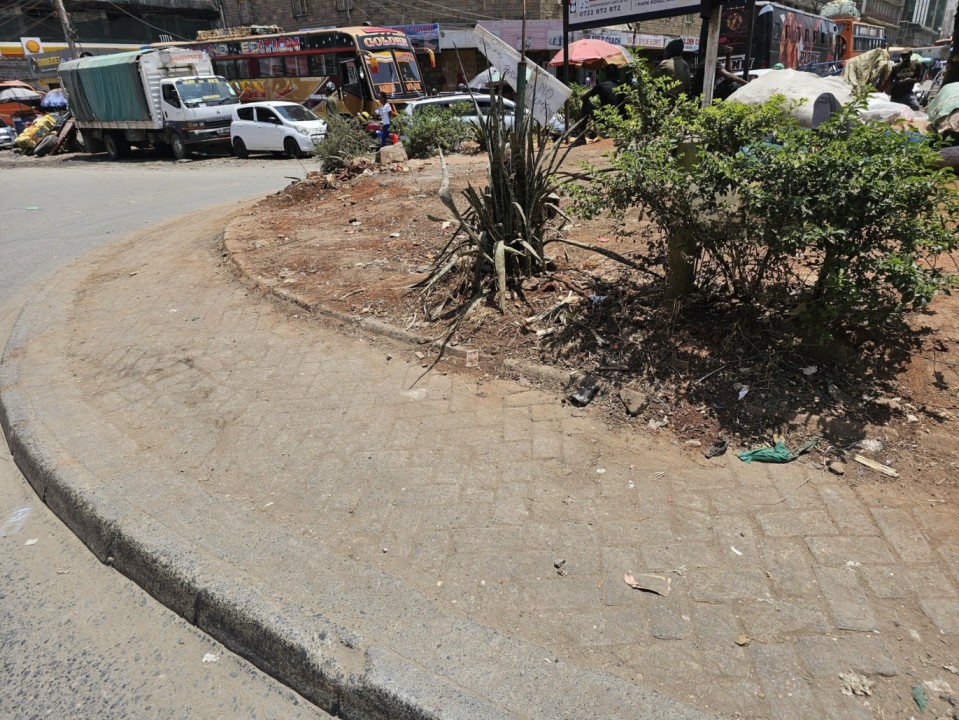Rwanda denies Burundi's claim of involvement in grenade attack
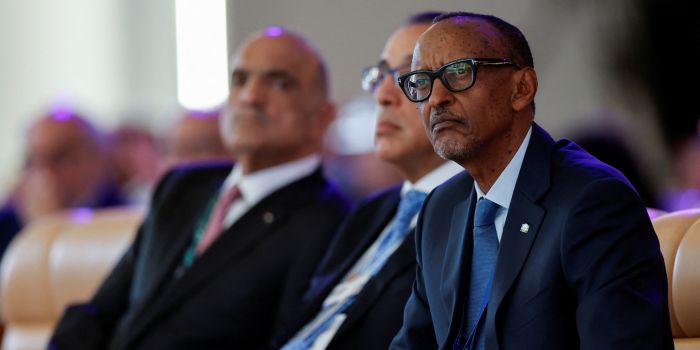
By Hanifa Adan |
Tensions between Rwanda and Burundi have a long history, rooted in ethnic tensions and political rivalries.
Rwanda has issued a firm rebuttal to allegations made by Burundi of its involvement in grenade explosions that recently shook Bujumbura, the capital.
Several grenade explosions occurred late on May 10, with unconfirmed reports indicating that at least three people were killed and 14 injured.
Burundi's Interior ministry said the RED-Tabara rebels were behind the attacks, and has in the past accused Rwanda of backing them, but Rwanda has repeatedly denied these allegations.
In a statement on Sunday, President Paul Kagame's country refuted these most recent accusations, emphasising its commitment to peaceful relations with its neighbour.
"There is something clearly wrong going on with Burundi for its government to accuse Rwanda of recent grenade explosions in Bujumbura, a situation we have absolutely no connection with, and have no reason to be involved in," read the statement.
Tensions between Rwanda and Burundi have a long history, rooted in ethnic tensions and political rivalries. Despite efforts to improve relations, suspicions persist, fueled by occasional accusations of cross-border interference.
The recent escalation comes amid heightened regional concerns over stability in the Great Lakes region. As both nations seek to assert their influence, diplomatic disputes have become increasingly common, raising questions about the prospects for reconciliation.
Rwanda's call for Burundi to address its internal issues independently reflects the complexity of relations between the two countries and emphasises the need for diplomatic dialogue to resolve underlying tensions.
The historical backdrop of ethnic rivalries between the Hutu and Tutsi communities is one of the factors that looms large over the relationship between Burundi and Rwanda.
Decades of ethnic violence, including the Rwandan genocide in 1994, have left deep scars and bred mistrust between the neighbouring countries.
Political differences further strain relations between the two nations. While Rwanda has remained under the leadership of Kagame and his Rwandan Patriotic Front (RPF) since the genocide, Burundi has faced recurring political turmoil, marked by coup attempts and leadership changes.
Economic competition also exacerbates the tensions, with both countries vying for resources and investment. Disputes over border trade, resource extraction, and regional influence in the East African Community (EAC) have heightened economic rivalry, adding another layer of complexity to the relationship.
Security concerns are also a key factor, with accusations of cross-border attacks and support for rebel groups flying between the two nations. There are also allegations of harbouring dissidents and backing insurgent movements.
Diplomatic frictions further compound the situation, with disagreements over regional initiatives and foreign policy priorities.
Reader comments
Follow Us and Stay Connected!
We'd love for you to join our community and stay updated with our latest stories and updates. Follow us on our social media channels and be part of the conversation!
Let's stay connected and keep the dialogue going!

